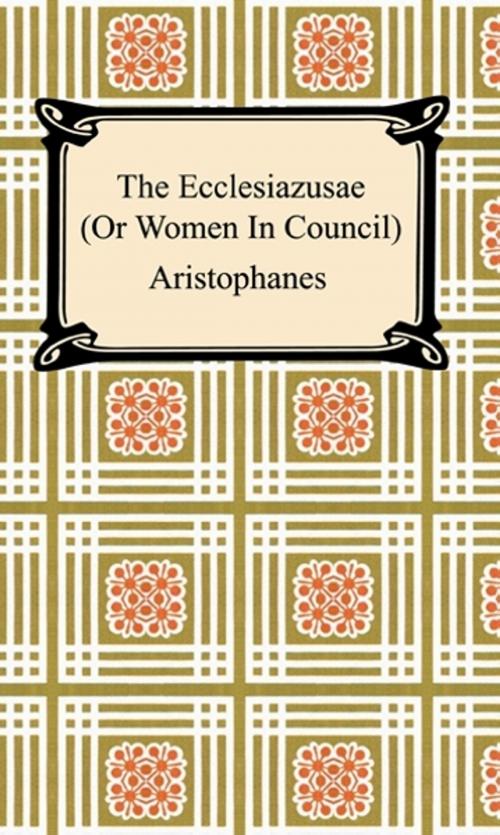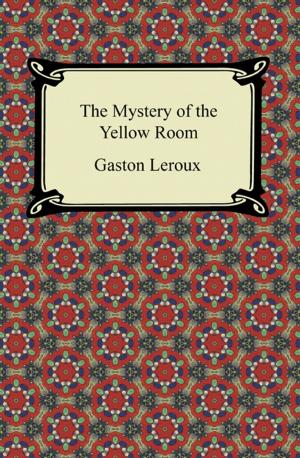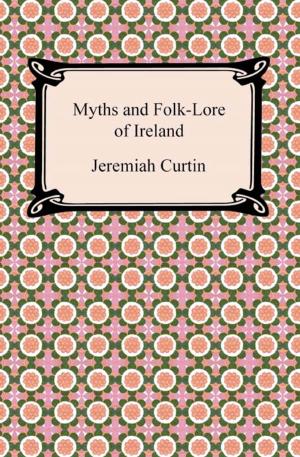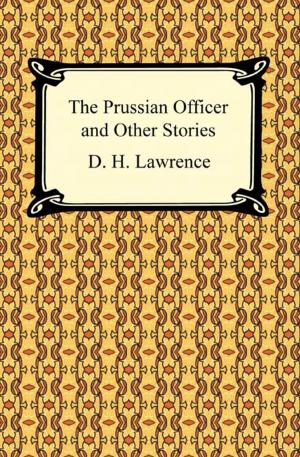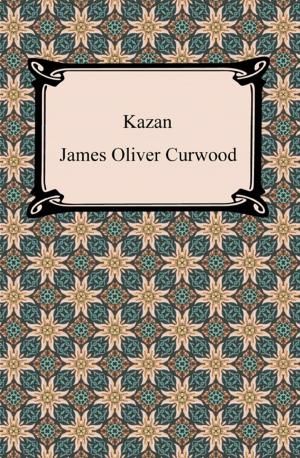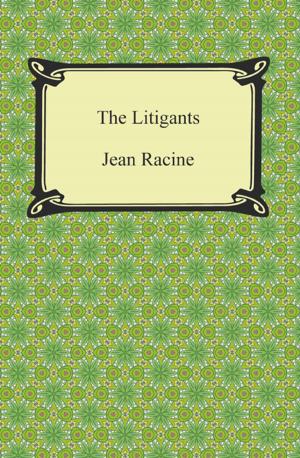| Author: | Aristophanes | ISBN: | 9781420935707 |
| Publisher: | Neeland Media LLC | Publication: | December 15, 2009 |
| Imprint: | Digireads.com Publishing | Language: | English |
| Author: | Aristophanes |
| ISBN: | 9781420935707 |
| Publisher: | Neeland Media LLC |
| Publication: | December 15, 2009 |
| Imprint: | Digireads.com Publishing |
| Language: | English |
The 'Ecclesiazusae, or Women in Council,' was not produced till twenty years after the preceding play, the 'Thesmophoriazusae' (at the Great Dionysia of 392 B.C.), but is conveniently classed with it as being also largely levelled against the fair sex. "It is a broad, but very amusing, satire upon those ideal republics, founded upon communistic principles, of which Plato's well-known treatise [‘The Republic’] is the best example.—From the introduction to ‘The Ecclesiazusae’ by Aristophanes.
The 'Ecclesiazusae, or Women in Council,' was not produced till twenty years after the preceding play, the 'Thesmophoriazusae' (at the Great Dionysia of 392 B.C.), but is conveniently classed with it as being also largely levelled against the fair sex. "It is a broad, but very amusing, satire upon those ideal republics, founded upon communistic principles, of which Plato's well-known treatise [‘The Republic’] is the best example.—From the introduction to ‘The Ecclesiazusae’ by Aristophanes.
